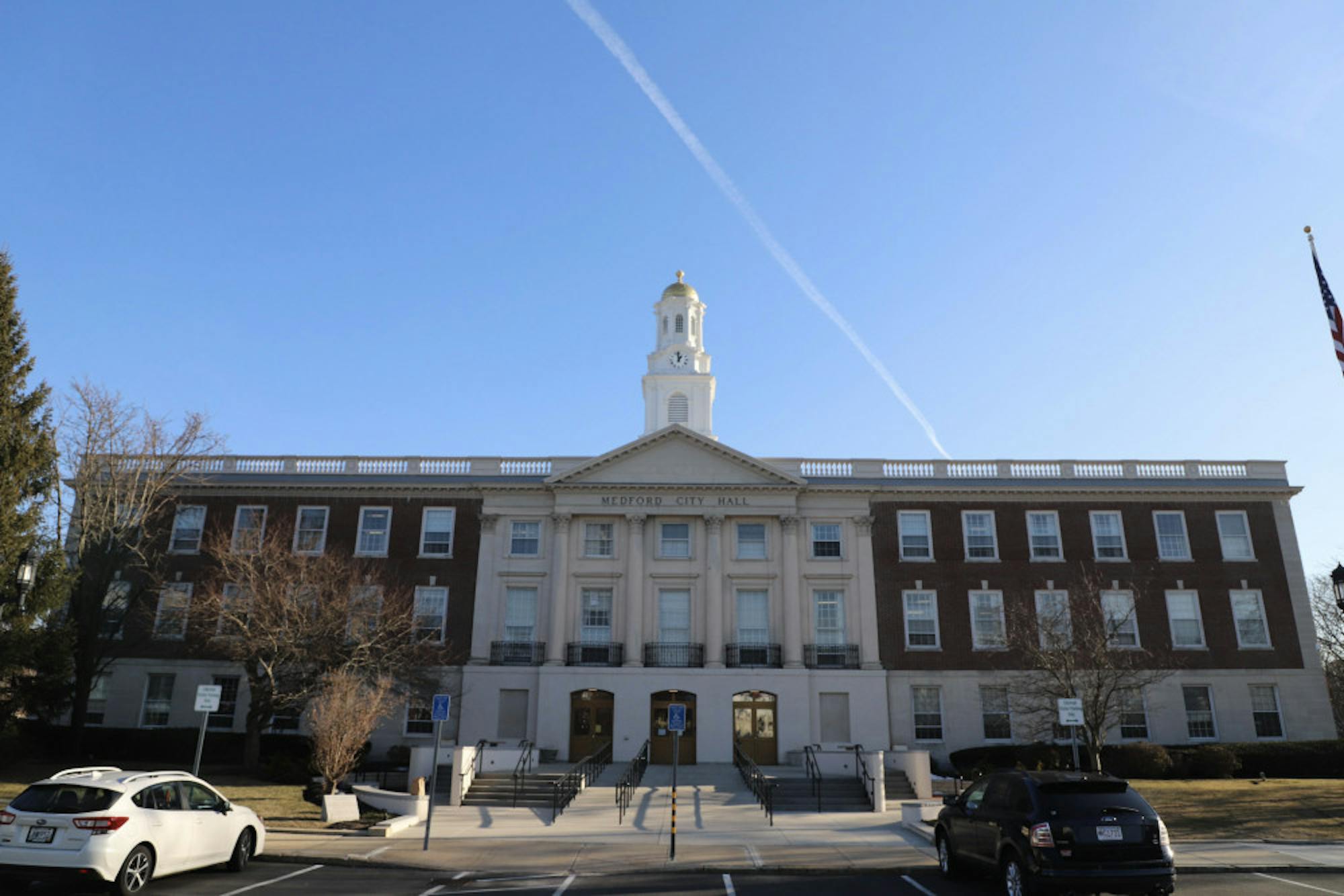In an election night of historic firsts in Massachusetts, voters elected Democratic gubernatorial candidate Maura Healey as the state’s first female governor and one of the nation’s first openly lesbian governors. Several ballot measures also scored victories, including a tax on incomes above $1 million and a law allowing undocumented individuals to obtain state driver’s licenses.
Healey, who is just the second Democrat elected as Massachusetts governor in 30 years, defeated Geoff Diehl by nearly 700,000 votes and will replace current governor Charlie Baker this January. Healey also led a winning slate of female candidates including newly elected Lt. Gov. Kim Driscoll, Attorney General Andrea Campbell, State Auditor Diana DiZoglio and incumbent State Treasurer Deb Goldberg.
Pre-election polling showed Healey comfortably leading Diehl, while polling on ballot questions 1 and 4 showed a much tighter race. Director of the Center for State Policy Analysis Evan Horowitz said that the results of the gubernatorial election hardly came as a shock.
“There was really no suspense in the governor’s race,” Horowitz said. “An upset would have been somewhere between shocking and unfathomable.”
After eight years under Republican leadership, President of Tufts Democrats Mark Lannigan said he is looking forward to a Democrat taking over the governor’s office.
“We’ve been dealing with a Republican governor for now eight years, and we’ve been dealing with the repercussions of that: underfunding our public transit, our public education,” Lannigan, a senior, said. “So I’m excited, now, for a Democratic governor to be in [office].”
On the other hand, Tufts Republicans Vice President Trent Bunker said that he doesn’t expect there to be a big swing in policy in Massachusetts and believes that the ideological separation between Baker and Healey is not as stark as the separation between Diehl and Healey.
“I don’t think it’s going to be that much of a shock to the Massachusetts political system, having the governor’s office move from [Republican] to [Democrat],” Bunker said.
One of Bunker’s biggest takeaways from the election was that it highlighted some of the major divisions within the Massachusetts GOP.
“Geoff Diehl … wasn’t the most electable candidate,” Bunker said. “I think that a candidate like [Chris] Doughty would have done a much better job in the general [election], but unfortunately a Trump-aligned candidate like Diehl, who has expressed his own concerns about the 2020 election — that’s just not going to fly with the Massachusetts electorate.”
Bunker also added that he does not believe that Jim Lyons, current chairman of the Massachusetts GOP, is aware of the condition of the Republican Party as it stands in the state today.
“[Lyons] certainly understands where the base lies, but unfortunately what the base wants is not what the urban — and maybe even suburban — voter is going to want,” Bunker said.
Three out of the four issues that were on the ballot also passed. Question 1, known as the “Millionaires Tax” or the “Fair Share Amendment,” passed by a 4% margin and will take effect on January 1. The law will amend the state’s constitution to include an additional 4% tax on incomes over $1 million, using the money to fund education, roads, bridges and public transportation.
Bunker said he was somewhat surprised to see Question 1 pass, given that Massachusetts is one of the wealthier states in the country. Bunker also noted that he felt the ballot question came at an interesting time, as Massachusetts currently has a large budget surplus.
Horowitz explained that if the law had been in effect this year, the money would have been returned to taxpayers as part of the automatic tax rebate. However, the law will help ensure there is adequate funding for education and public transportation in the future, according to Horowitz.
“If the Millionaires Tax were in effect right now … the money would have come in and it would have gone right back out,” Horowitz said. “Having said that, we’re not going to be this flush moving forward, so I think it will make a big difference in the stability of the state budget and our ability to fund things like education [many] years from now.”
Lannigan praised those who campaigned for the “Yes on 1” initiative and said their support was critical, as Question 1 won by a narrow margin.
“It … shows that the people of Massachusetts want more investments in education and transportation, and they want the rich to pay their fair share,” Lannigan said.
Question 4 asked voters whether or not to uphold the state law allowing for undocumented immigrants to obtain state driver’s licenses. The ballot measure passed by nearly an 8% margin and is expected to take effect on July 1.
Lannigan said that he was glad to see Question 4 pass, as legislators have been organizing for the act for a while.
“It will be maintaining the immigrant justice legislation that we’ve already passed, and I’m happy to see us not go backwards as a state,” Lannigan said.
In addition to Healey’s victory and the passing of these ballot questions, Democrats also retained control of both the Massachusetts State Senate and House.






